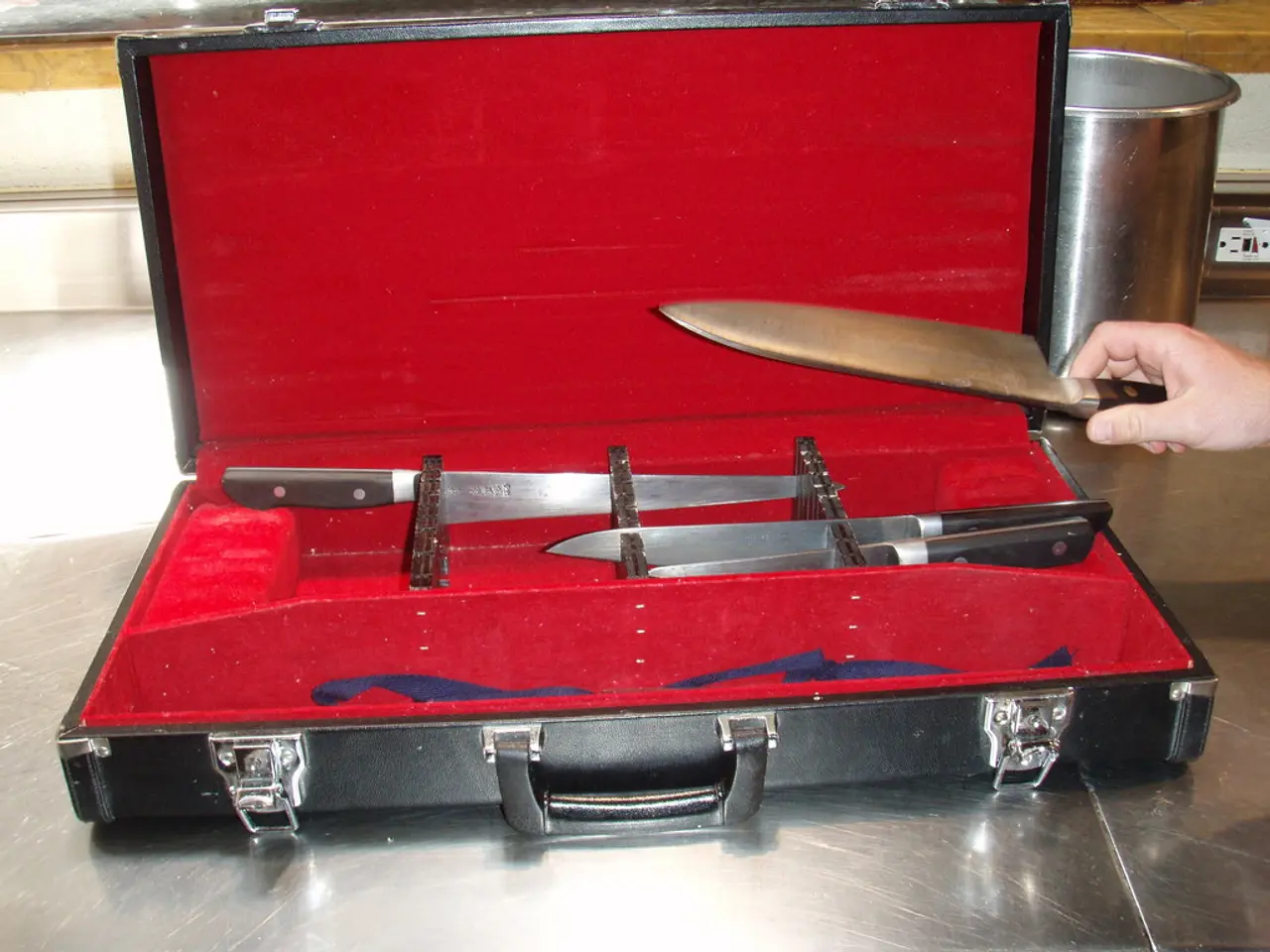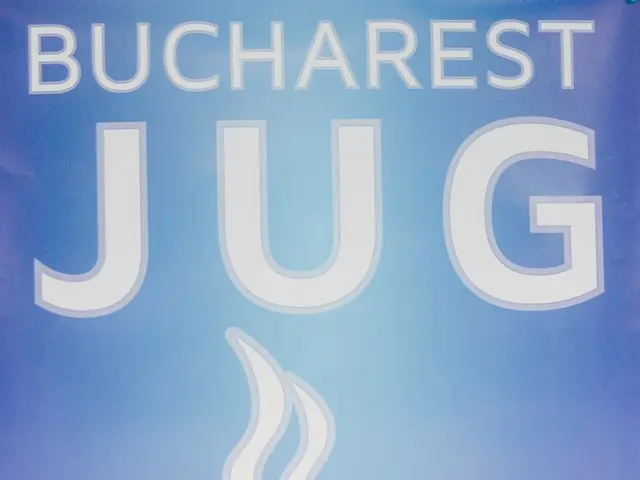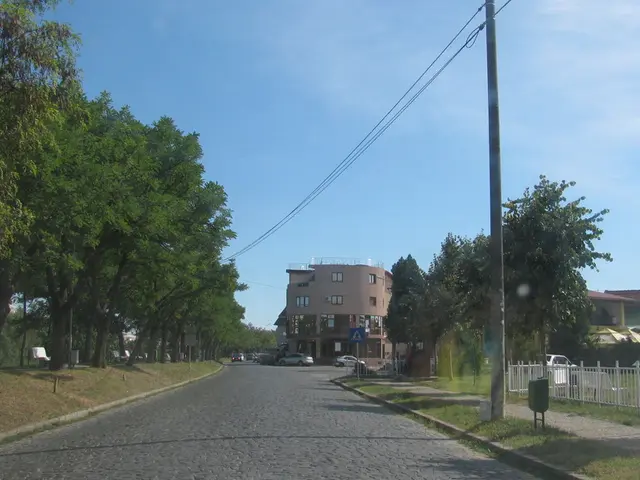Travelers employ diverse concealed locations to smuggle euros across the Russian border, according to customs officials.
Strict Enforcement of EU Sanctions on Goods Transportation to Russia from Estonia
The Estonian Tax and Customs Board is maintaining a robust and active enforcement regime at its borders to prevent the transportation of prohibited goods into Russia. This comes as Estonia enforces a complete ban on exporting certain goods, currencies, and luxury items to Russia, in line with EU and international sanctions.
Since May 14, 2025, Estonia has imposed a complete ban on the export of all EU currencies (euro and others) to Russia at all border crossings, including from Estonia to Russia. This excludes some currencies like the US dollar. Duty-free imports into Russia from Estonia are strictly limited, with alcohol imports beyond 3 liters facing duties and restrictions, and imports of tobacco and food products having clear limits and bans on animal-origin products without proper packaging.
The board has been successful in its efforts, having prevented the import or export of sanctioned goods with a total value of €4.5 million in the last year. Notable items found to be transported included drone components, firearm parts and accessories, bullets, spare parts for vehicles and machinery, radio receivers, underwater cameras, and diving equipment.
One individual attempted to transport €15,000 across the border by hiding the cash in a pocket sewn into their underwear. Approximately 4,300 violations were found during the year, with a decrease in detected violations compared to previous years. Over 585,000 border crossings were recorded at Narva, Luhamaa, and Koidula customs checkpoints during the year.
Criminal proceedings have been initiated in several cases, and the courts have convicted individuals attempting to export luxury goods to Russia in breach of EU sanctions. In a notable case, a person received a prison sentence for multiple attempted exports of luxury goods to Russia alongside espionage offenses.
Full customs control was implemented on the outbound route to Russia on August 8, 2024. Since then, the board has stopped the transport of money, ammunition, dual use goods, and other sanctioned items into Russia. Since April 27, the value of banknotes prevented from entering Russia totals €376,000. Fines totaling over €93,000 have been imposed by the agency.
Businesses have attempted to hide exported goods by submitting false customs declarations or listing Russia as a transit country, when the final destination was likely Russia. There is zero tolerance for attempts to export sanctioned goods, and repeated violations or those exceeding a value of €10,000 can lead to criminal proceedings.
Voldemar Linno, head of the Customs Control Department, stated that full customs control has been an effective deterrent measure. However, he has not made any new statements in this context.
This active enforcement regime reflects a broader geopolitical vigilance around sanctioned goods and persons, and travelers crossing into Russia are warned of security risks. The actions align with ongoing EU and allied sanctions aimed at Russia amid the geopolitical conflict.
Read also:
- Railway line in Bavaria threatened by unstable slope - extensive construction site at risk
- Wind Farm Controversy on the Boundary of Laois and Kilkenny
- Delaware's contentious offshore wind project faces uncertainty as the Trump administration reverses course on clean energy initiatives.
- Karma Automotive Presents New Models at Quail: Ivara, Kaveya, and SDVA Event Debut








